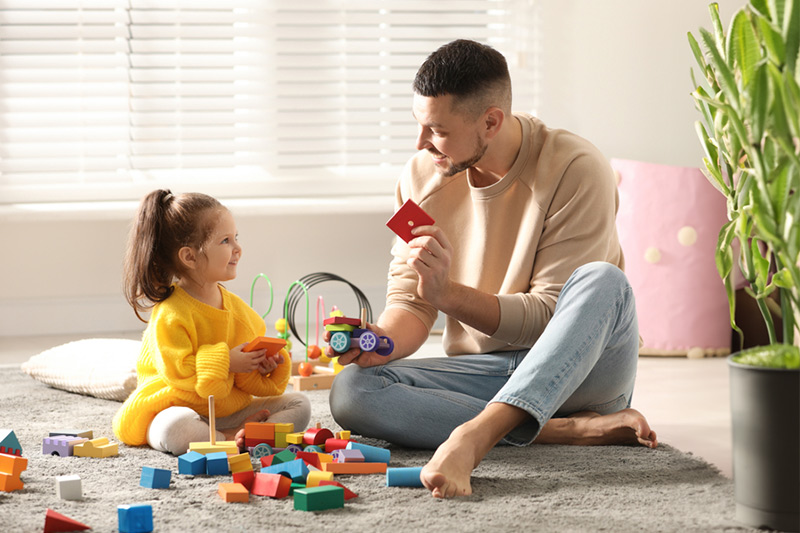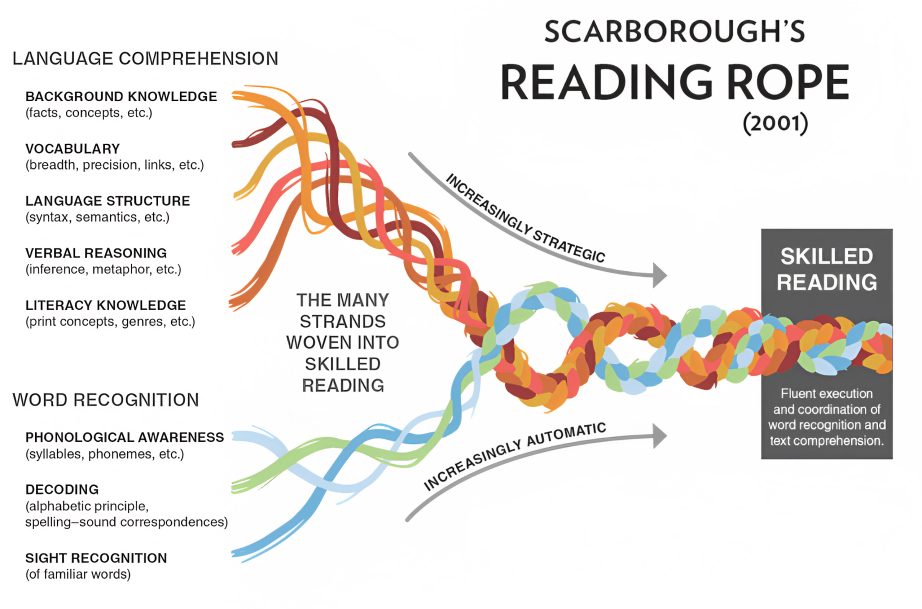— Speech, Language and Literacy
Our Services
At Sydney SLP, we are qualified to provide assessments, diagnosis, and treatment for a large range of speech, language, and literacy concerns.
Language comprehension and expression
Late talkers
Is your child missing their language milestones?
Kids develop their language skills at different rates. While some might say their first words very quickly, others may take a little longer.
There are lots of reasons a child might not be meeting their language milestones. If you are concerned about your child’s vocabulary, the length of their sentences and/or their understanding of questions and instructions, contact us for an initial consultation.


Unclear speech
Is your child’s speech tricky to understand?
As children learn to talk, they often make errors in their pronunciation of sounds. While this is expected at certain points in their development, when speech errors persist, they can start to affect a child’s ability to be understood by others.
If your child has persistent speech errors that cause others to have difficulty understanding them, contact us for an initial consultation.
Stuttering
Is your child repeating words or sounds?
Stuttering can sound like your child repeating certain words, sounds, or whole phrases while they talk. The latest research suggests that if a child has a persistent stutter after the age of 3, it should be investigated by a speech pathologist.
If your child has persistent repetitions of words, sounds, or whole phrases while they talk, contact us for an initial consultation.


Does your child have difficulty listening or expressing themselves?
Communication is complex and made up of many moving parts; from understanding what another person is saying, to thinking of the right words to use, to putting a sentence together in a way that makes sense, to being able to share stories and experiences with others. A breakdown in any of these areas may indicate that a child has a Developmental Language Disorder (DLD).
If your child is having difficulty understanding what others are saying to them, or expressing their needs and wants to others, contact us for an initial consultation.
Neurodiversity affirming practice

Sydney SLP – working in a neurodiversity affirming space
The neurodiversity paradigm is all about recognising and celebrating the different kinds of human brains. Autism, Attention Deficit Hyperactivity Disorder (ADHD), Developmental Language Disorder (DLD) and Dyslexia are all examples of ‘neurodivergent’ brain types. This is where a person’s brain may process the world differently to ‘neurotypical’ people, leading them to behave differently than the world expects them to.
Neurodiversity affirming practice challenges us to reject the existing mentality that neurodivergent people possess a problem within themselves that needs to be “fixed” so they can be “normal”, which places harmful expectations on neurodivergent people to change themselves for other peoples’ sake, leading to damaging mental health outcomes. It is essential that we all challenge ourselves to reject this mentality.
Above all, we believe communication is a human right and that everyone deserves to have the tools they need to make informed choices about how they move through the world.
We are learning from our neurodivergent peers and clients every day, and we welcome feedback to help us reflect on our work and move towards a more neurodiversity-affirming space.
Literacy delays and learning difficulties
Does your child find reading and writing challenging?

Learning to read is a complex process. A researcher named Hollis Scarborough developed the ‘reading rope’ analogy to show how many different skills work together when someone is reading. These skills include vocabulary, language structure, verbal reasoning, recognising letters, recognising syllables and phonemes, and decoding. When there is a breakdown in any of these areas, children can experience literacy difficulties and delays.
If your child has difficulty reading or writing, contact us for an initial consultation.
Pre-literacy skills
Does your child have difficulty with letters and sounds?
Pre-literacy skills form the foundation of learning to read and write. These skills include recognising letters, knowing that words are made up of separate sounds, and being able to link letters to the sounds that they make. Without a strong foundation of pre-literacy skills, children may be more at risk of literacy difficulties when they start formal schooling.
If your child is having difficulty with letters and sounds, contact us for an initial consultation.


Alternative communication methods (AAC)
Communication is more than just verbal language. AAC means ‘alternative and augmentative communication’ and is a communication method that allows children to use iPad apps or communication boards to communicate their needs and wants. AAC is an incredibly valuable tool that can help children with a wide range of communication barriers, from severe speech sound disorders to disabilities such as cerebral palsy.
If your child faces a barrier to their verbal communication, contact us for an initial consultation or to find out more about how AAC can help your child thrive.
Bilingual services
Parents often wonder about the impact of speaking a different language at home on their child’s language development. The good news is that research tells us there is no evidence that learning to speak two or more languages at the same time causes language delays.
However, multilingual, or bilingual children often reach their language milestones at different rates. Sometimes it might appear that they are delayed in one language, especially if that’s not their primary language spoken at home. This might be seen in their grammar, vocabulary, or pronunciation of words.

For multilingual children, their language abilities across all languages are considered when determining if they have a genuine language delay/ disorder, or simply a difference in their language abilities, in comparison to their monolingual peers.
Speaking a different language at home is a valuable gift you can offer your child and there are many advantages of being multilingual. If your child finds it difficult to communicate in their primary language(s), contact us for an initial consultation.
School holiday intensives and group programs

We offer intensive programs during the school holidays to help children maximise their holiday breaks in a fun, collaborative environment. We run a variety of intensive programs, from individual programs to group-based programs that allow kids to socialise and connect with others. Group programs are also offered during school terms. These include:
- Individual intensives for speech sound disorders, articulation errors, developmental language disorders, literacy, and stuttering;
- Literacy groups
- Early language development groups
- Neurodiversity affirming social groups
- Story-writing and language enrichment groups
- School readiness
If your child would benefit from participating in a collaborative and enriching school holiday program, contact us for an initial consultation.
Higher-order language and writing skills
Is your child finding essay writing and exam questions challenging?
As children progress into later primary school and high school, higher-order language skills become increasingly important.
If your child is having difficulty with more complex school tasks and assignments, contact us for an initial consultation or for more information.


School-based services
While we are a clinic-based service, we know the importance of a multidisciplinary team approach in helping children thrive. We frequently liaise with teachers and learning support coordinators to advocate for children’s needs in the classroom.
If you believe your child would benefit from learning accommodations in the classroom, contact us for an initial consultation or for more information.
